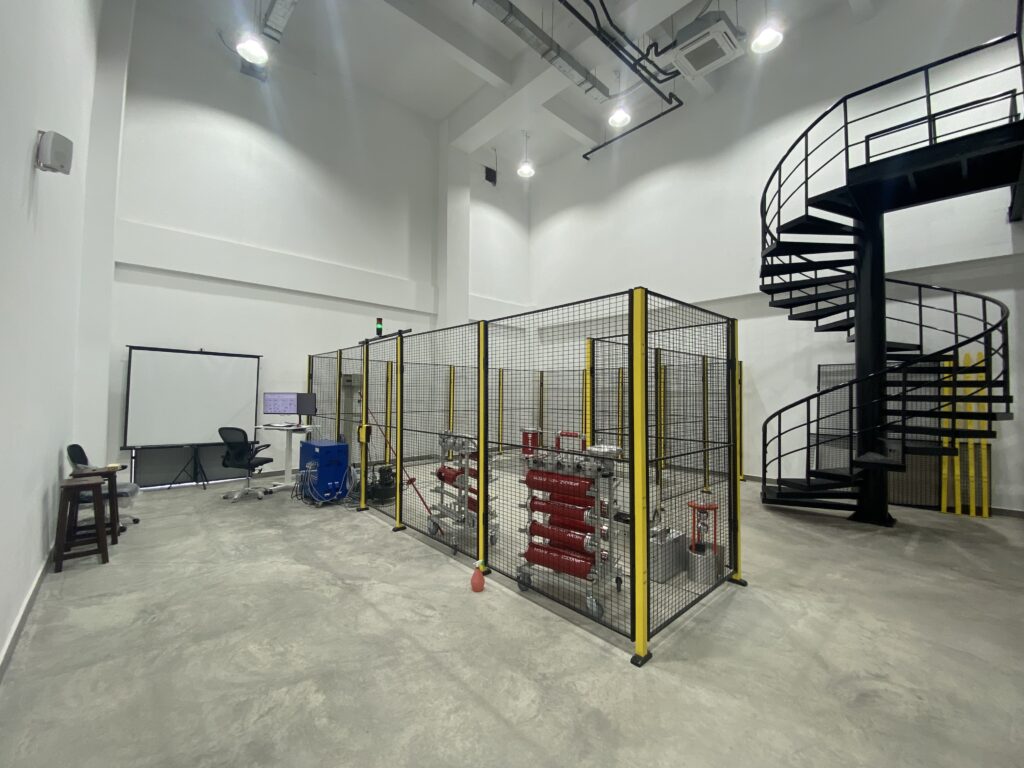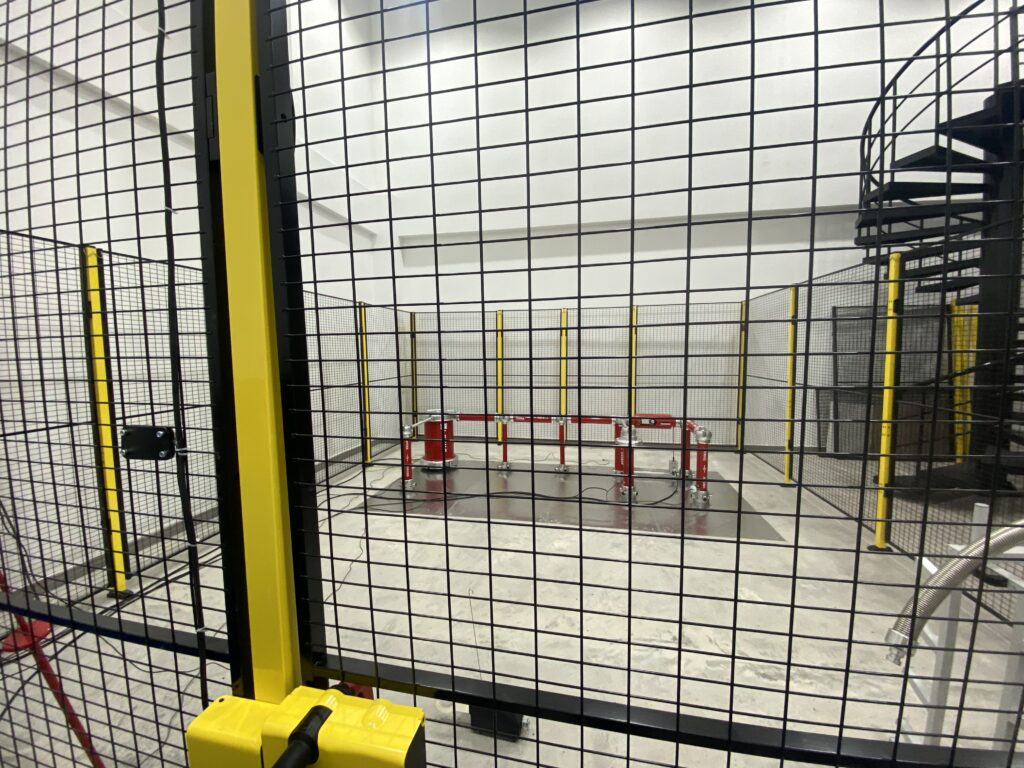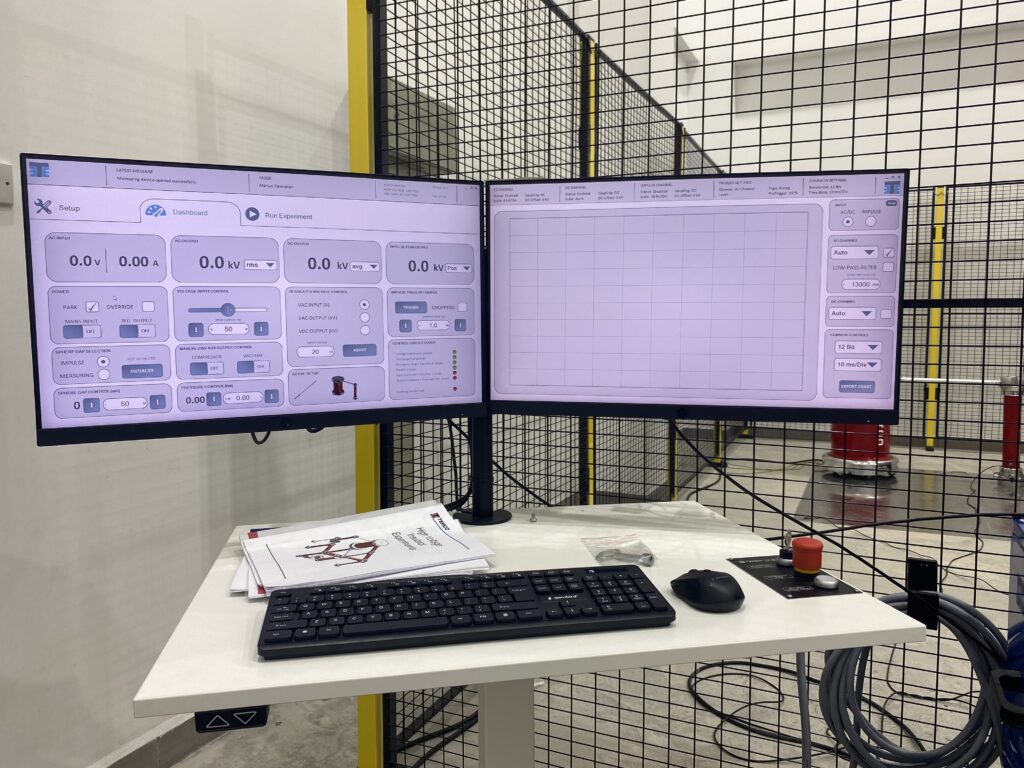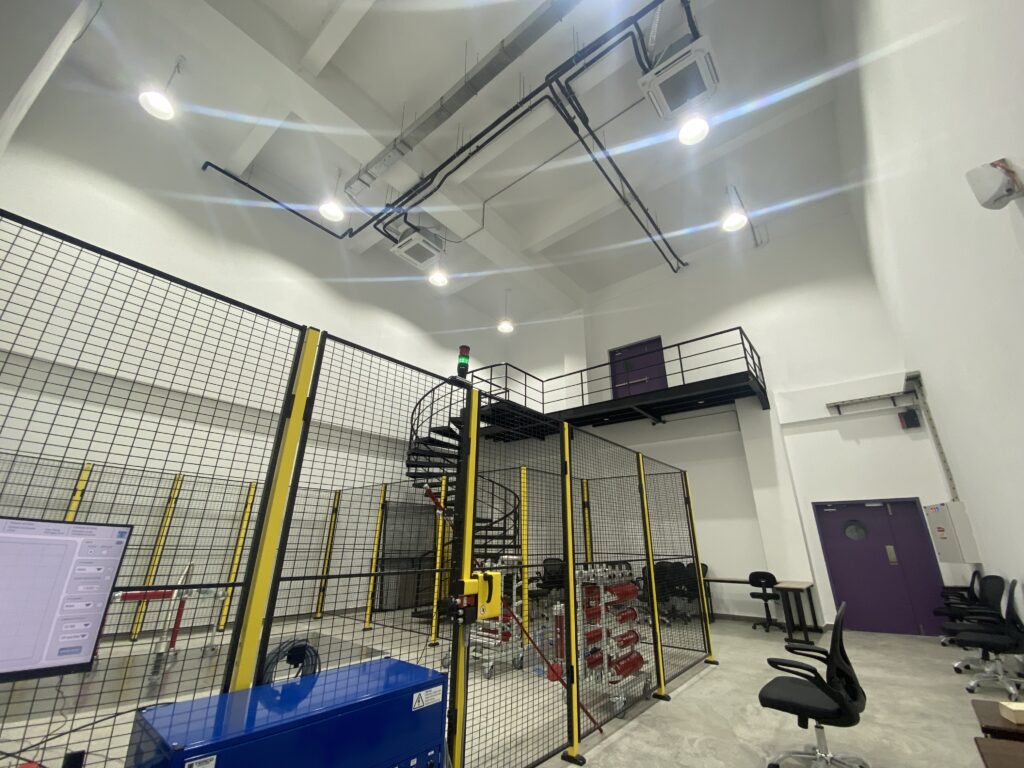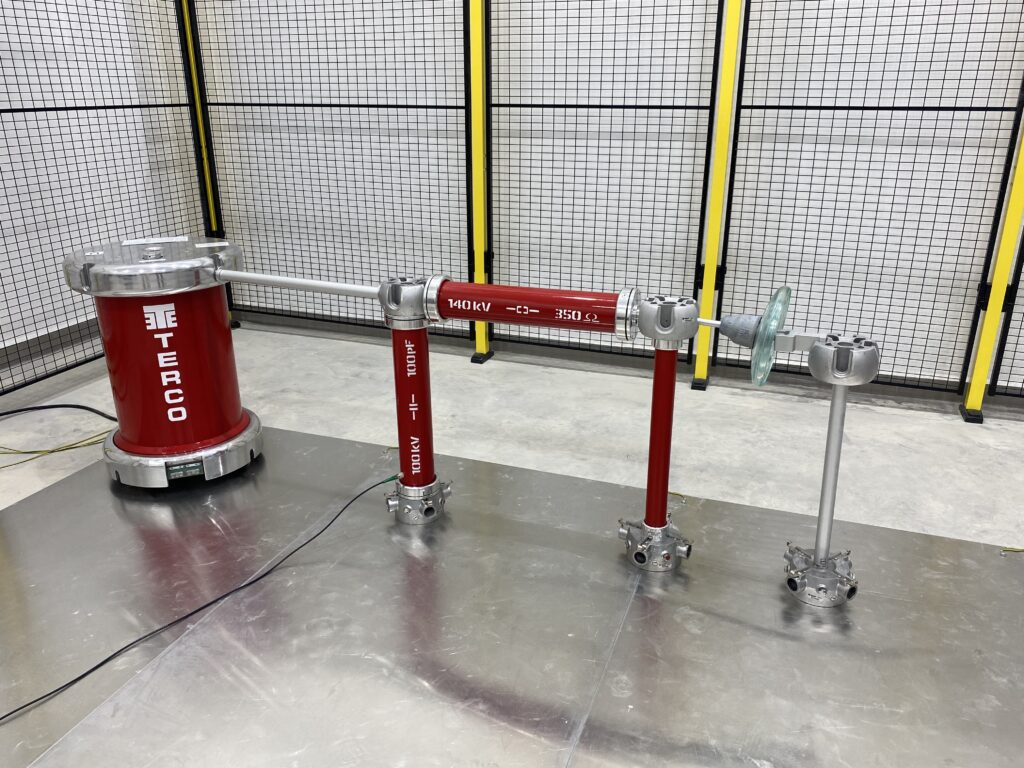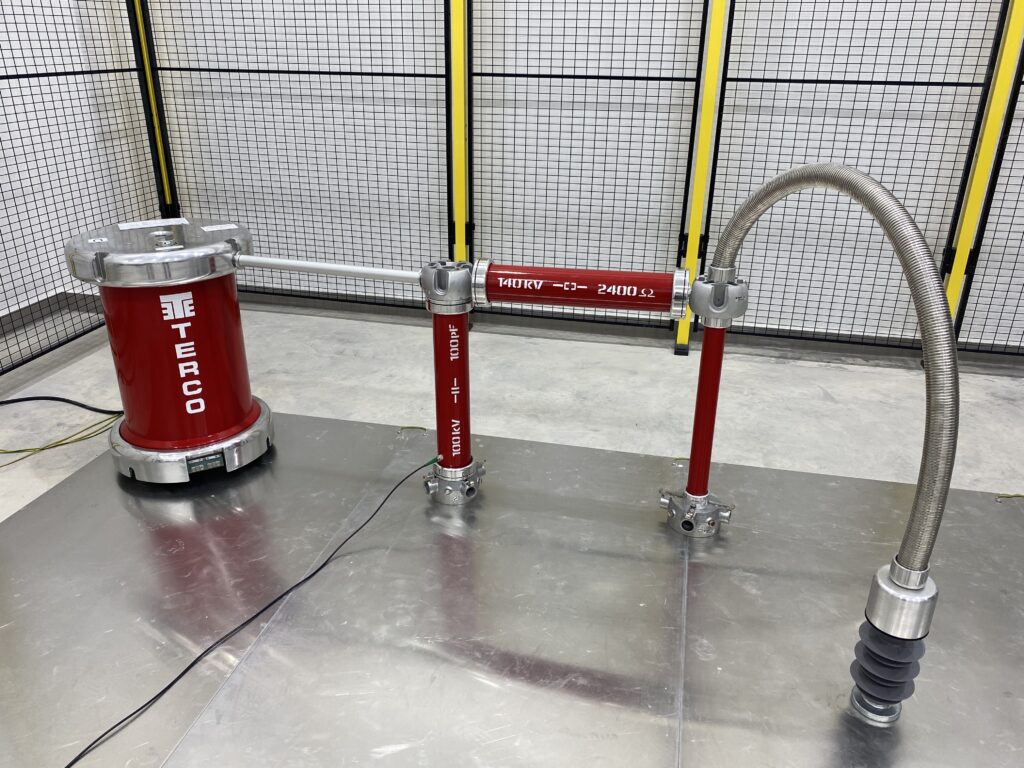The Department of Electrical and Electronic Engineering provides laboratory facilities, equipment, and computing infrastructure necessary for creating a conducive learning environment for the effective delivery of its undergraduate and postgraduate programs. The lab facilities include a Power Systems and Machines and Drives Laboratory facilitating practical experiments related to Electrical Engineering modules with modern equipment while Analog and Digital Laboratories are equipped to cater the requirements of Electronic Engineering courses. Further, the Telecommunication and Biomedical Engineering Laboratories offer the students who are following the minors offered by the Department with hands-on experience to gain competencies related to the industry standards. The Simulation Laboratory provides the students with access to the software required for the design and development of engineering solutions.
The Analog electronics laboratory is one of the key laboratories where the students can obtain hands-on experience with basic equipment and test their knowledge. It consists of basic electronic equipment such as:
The digital electronics laboratory is one of the key laboratories where the students can obtain hands-on experience with basic equipment and test their knowledge. It consists of basic electronic equipment such as:
The Power Systems, Machines and Drives Laboratory consists of LabVolt Series Training Systems which can facilitate lab work as well as research in the fields of Power systems and machines and drives.
Practicals can be demonstrated in vast areas of power engineering such as Fault studies in a power system, studies on three-phase transmission lines, generator Synchronization with three-phase power systems, regulating autotransformers, also on practicals related to different types of motors such as Permanent magnet DC motors, commutator type motors, and Induction motors.
The communication laboratory is one of the key laboratories where the students can obtain hands-on experience with advanced equipment and test their knowledge.
Three major highlights of the telecommunications lab:
Biomedical Engineering lab is one of the most interesting labs, and this is for undergraduates who are interested in the field of Biomedical Engineering where you need to combine both engineering and medical concepts. The lab is mainly equipped with:
